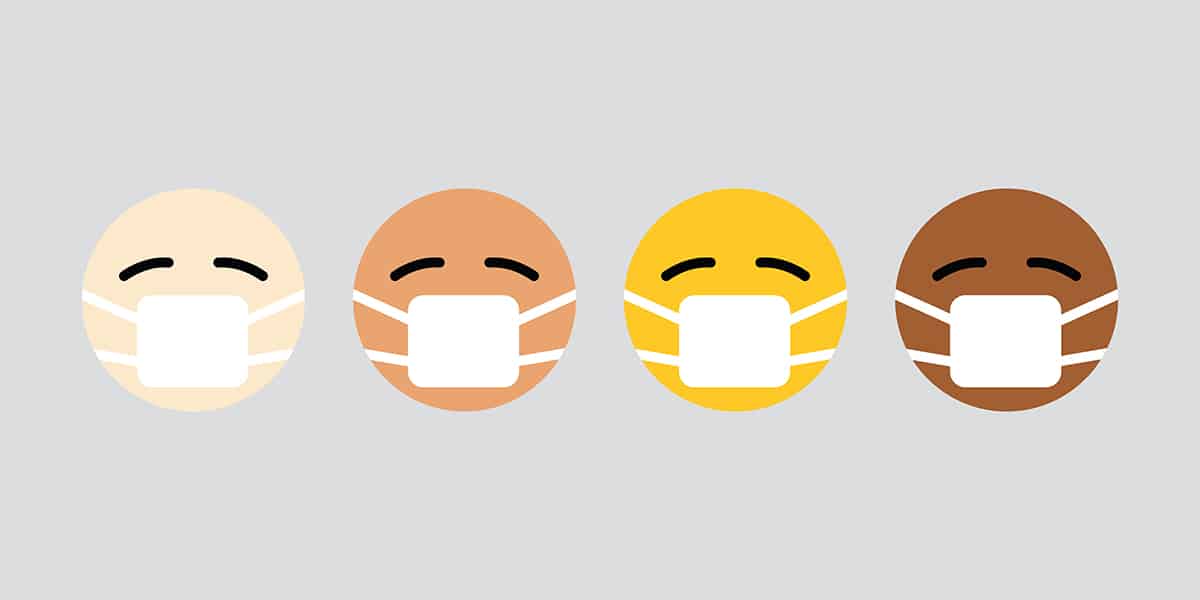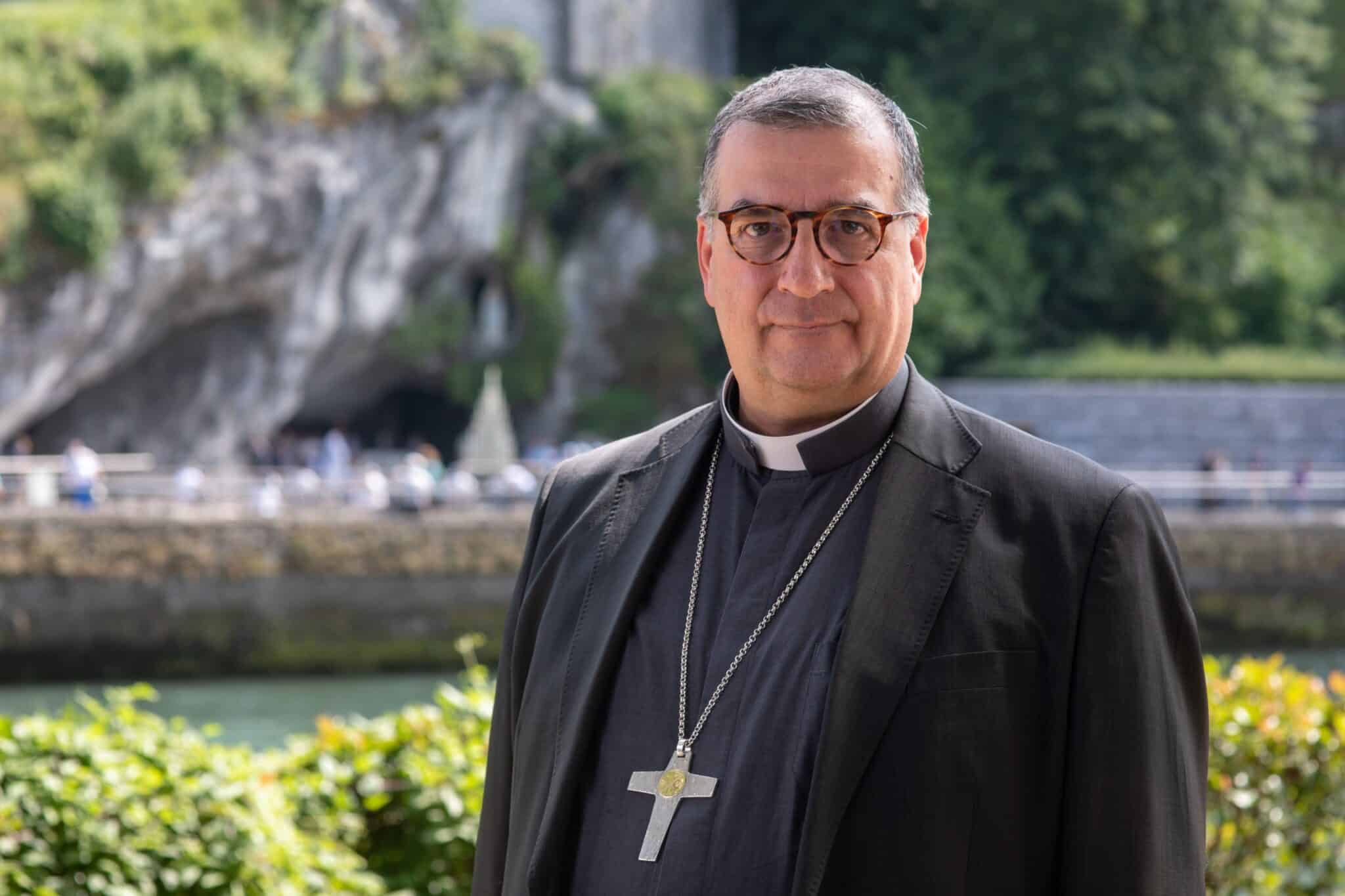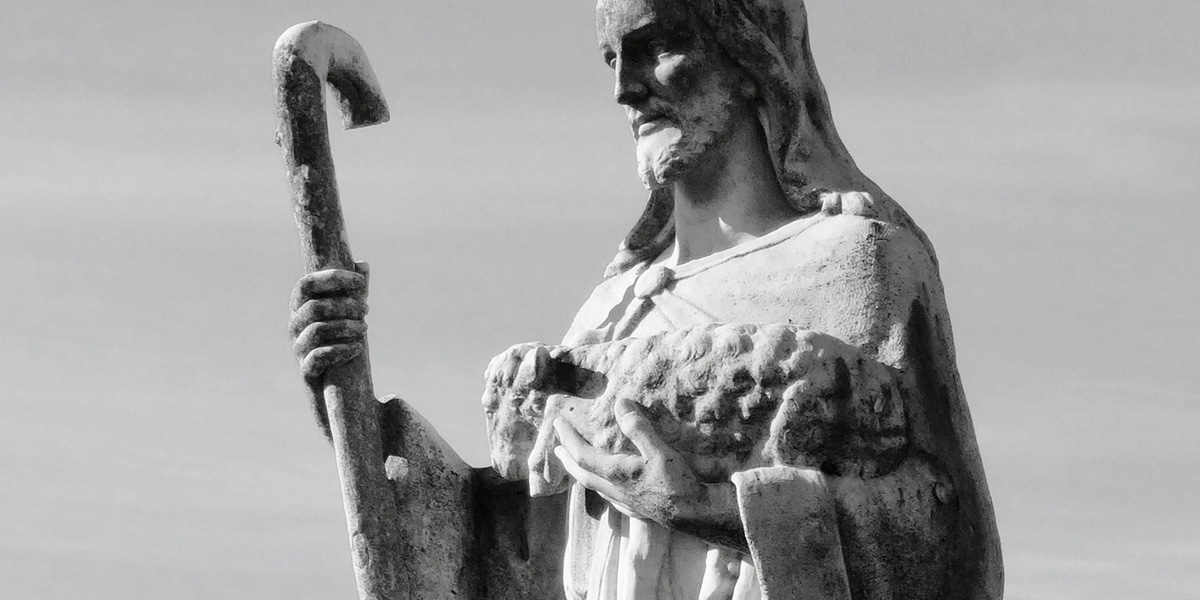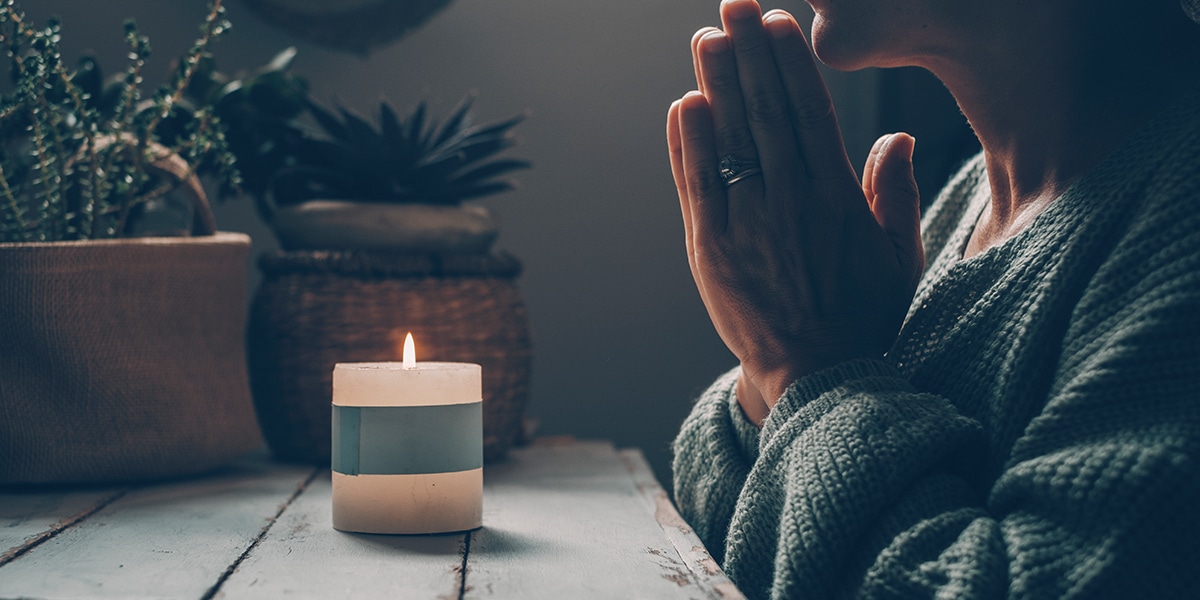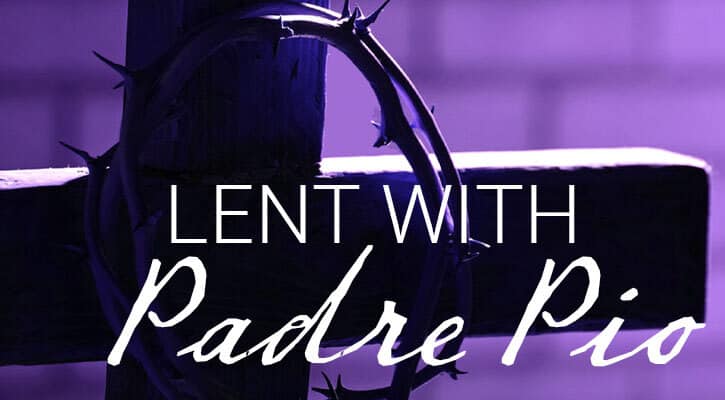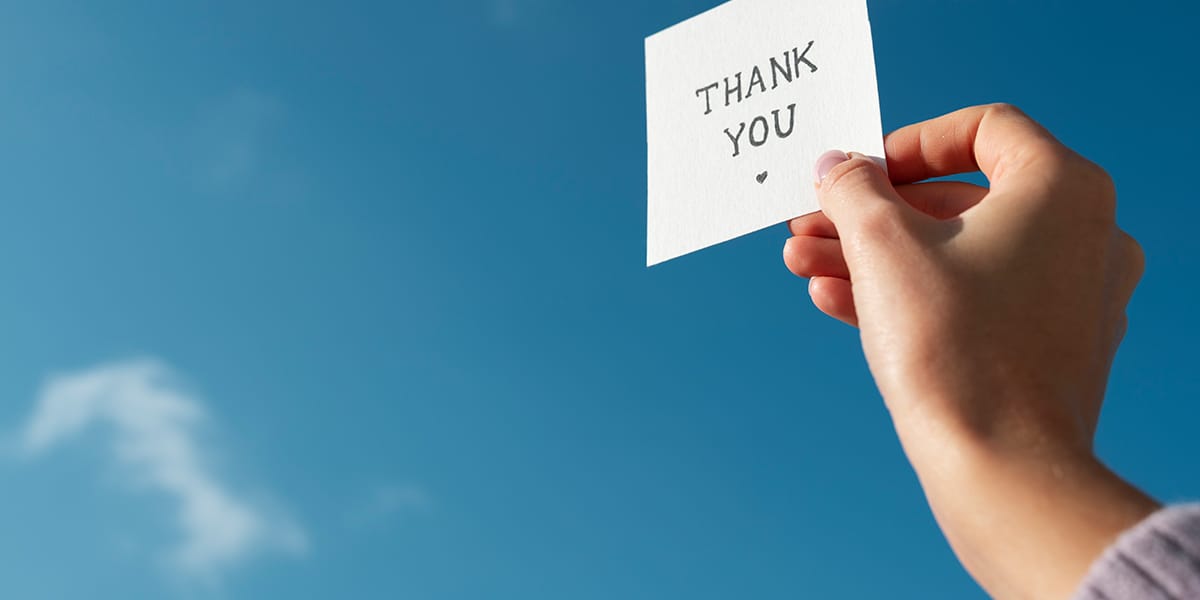COVID-19 is still wreaking havoc on communities across the country. I have no way of knowing what will happen next week or next month. What I do know is that the monumental crisis of this pandemic presents us with great danger and great opportunity—and, therefore, with consequential choices between fear and hope.
Many of the dangers presented by the coronavirus are obvious: danger to those who contract the virus, to the frontline health-care workers who care for them, and to overburdened, under-resourced health-care systems. Even with massive programs of aid and assistance, this pandemic could nonetheless mean the financial ruin of many individuals, families, and businesses that don’t have the resources to weather the storm.
As if those weren’t enough, consider the social dangers we face. The United States already had a loneliness epidemic, with almost 30 percent of US households containing just one person and 50 percent of our population indicating in a recent poll that they sometimes or often feel isolated and alone. And now we—who are social, relational creatures by our very nature—are being told to fear being around other people. This is incredibly hard on everyone, but, as always, it hits hardest those on the margins—those without friends and loved ones to lean on and be with, those without the capacity to reach out and connect.
A Moment of Grace
Even after social distancing requirements are lifted, there is a danger that the draconian societal measures we have taken to manage this pandemic may largely remain in place, just as more intrusive security became the norm in a post-9/11 world. Think, for example, about our newfound collective germophobia and all of the extreme precautionary behavior it has caused us to adopt.
I know that I have a new level of paranoia that I wouldn’t have believed possible even a few weeks ago. I’m not sure how easy it will be for me—or any of us—to turn that off and find a sane balance between good social hygiene and meaningful social contact. In the absence of that balance, I fear we’ll be tempted to convince ourselves—as we had already begun to do even before COVID-19—that Netflix, Zoom, Google, and Facebook Live are adequate substitutes for real human contact.
I hope the point is clear: We, too, face many dangers and temptations to let our fear get the better of us—witness the hoarding of toilet paper and many other goods. At the same time, however, I think a crisis like this presents us with unprecedented and exciting opportunities. I keep trying to imagine looking back at it from the vantage point of one, five, or 10 years, with hope that it ends up being a watershed moment for our culture.
A Wake-Up Call
In the midst of the crisis, we have a fantastic occasion for the better angels of our nature to come to the fore, and, God be praised, there’s plenty of evidence that they are. Neighbors are discovering each other and beginning to watch out for one another. Parents are finding new ways to be there for their kids, and teachers for their students. Service providers are heroically trying to take care of the vulnerable. Even as they can’t get to worship services, many are doubling down on spiritual practices that help cultivate presence, equanimity, and compassion for others. We’ve seen all sorts of creative, resourceful acts of kindness and generosity that would soften even the hardest heart. These are also, I believe, part of our true nature. I’m hoping that we get used to exercising this level of mutual care and concern, and that it becomes the new normal, even when the pandemic passes.
Many of us, tired of being cooped up at home, are rediscovering the natural world as a place of solace, beauty, and healing. Maybe it took the online overdose such as we’ve been experiencing lately to break the illusion that the virtual world is sufficient for our needs. And even as our economic systems are experiencing damage and disruption, the natural world is experiencing some degree of reprieve from the relentlessness of human economic activity. What if, after this crisis passes, our newfound connection to God’s creation leads us to reevaluate the things we thought were “essential,” and so we don’t simply go back to the same patterns of consumption and destruction?
What’s it going to take for us to come out of this better than we were going in? First, this pandemic is an invitation to start realizing—as individuals and a society—that the life we had pre-pandemic was not actually what we want to return to. We can step into a new story that honors our interconnectedness and doubles down on caring for friends, strangers, and creation.
Second, this pandemic has shown us that, when we need to, we can make drastic and instantaneous changes to our way of life. With that evidence, we can no longer plead that it’s just too hard to create large-scale economic and governmental structures that support a kinder and gentler way of life. We’ve shown we can do it. We just need to keep being willing to do it, even after the crisis passes.
Even as we face suffering, loss, danger, fear, uncertainty, and many sorts of death, we also stand at the threshold of a new, resurrected way of living. I hope and I believe that the Holy Spirit is at work, guiding us toward this better and more hopeful future—and that in the deepest part of us, we want to take that road.

